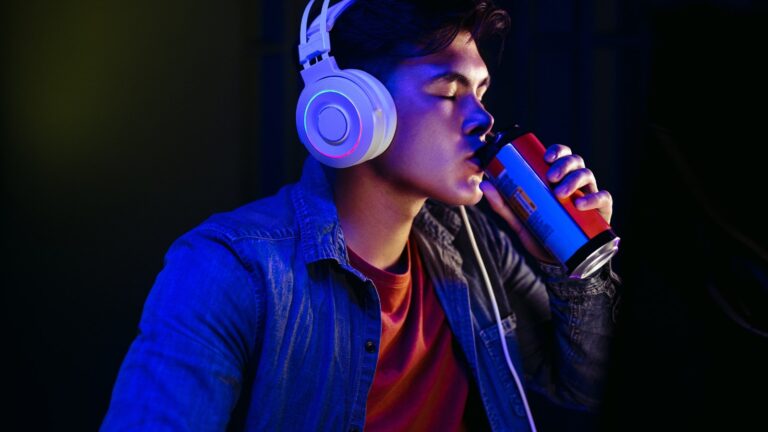Norway has confirmed it will introduce an age limit on the sale of energy drinks, tightening rules as health concerns grow over soaring caffeine consumption.
Seeing Norwegian teenagers chugging energy drinks on the bus in the morning has become a common sight for me, and I’m far from alone in noticing it.

From 1 January 2026, Norway will introduce a nationwide ban on the sale of energy drinks to anyone under the age of 16. The government says the move is designed to protect young people from the harmful effects of excessive caffeine consumption.
“Too much energy drink leads to restlessness, sleep problems and difficulty concentrating. It can also cause damage to the cardiovascular and central nervous systems,” said Health Minister Jan Christian Vestre, confirming the decision to NRK.
How Caffeine Affects The Body
Caffeine can dull pain and narrow blood vessels, which is why high daily intake often produces symptoms. When consumption stops, the vessels expand again, triggering headaches and muscle pain. It also stimulates the brain’s reward system, making withdrawal especially unpleasant.
Public Consultation
The government first signalled its intention to act earlier this year and held a consultation that drew almost 70 responses. While most supported the 16-year age limit, several health organisations argued it did not go far enough.
The Norwegian Medical Association, the Dental Association and the Public Health Institute all wanted the ban to apply to under-18s.
“We had expected a more ambitious public health policy from the government, which puts the health of children and young people first, in line with the precautionary principle,” said Ståle Onsgård Sagabråten of the Medical Association.
The government, however, believes it has struck the right balance. “There are arguments for setting the age limit at 18,” said Vestre. “But we believe many 16-year-olds are mature enough to make informed choices. That is why we have set the limit at 16 years.”
Unnecessary?
Not everyone is in favour. The Norwegian Brewers’ Association described the new rule as unnecessary, arguing that energy drinks should be treated no differently to other caffeinated products such as coffee or tea.
How Much Caffeine Is In Your Drink?
For comparison, here is the average caffeine content per decilitre of some popular drinks, according to HelseNorge:
- Filter coffee: 50–60 mg
- Instant coffee: 40 mg
- Espresso: 120 mg
- Tea: 26 mg
- Coca-Cola: 13 mg
- Energy drinks: 12–32 mg depending on brand
Director Erlend Vagnild Fuglum said the industry would have preferred to wait and see the effects of a recently introduced ban on marketing unhealthy food and drink to children before adding new restrictions.
Young people themselves are also divided. Speaking to NRK, one 16-year-old student said she welcomed the move because “it isn’t good for children, since it contains a lot of caffeine.”
Another questioned whether it would work in practice, pointing out that teenagers could still get hold of energy drinks through their parents.
The popularity of energy drinks in Norway has soared over the past decade. According to industry figures, 78 million litres were sold in 2024, a 340 percent increase compared with 2014.
Shops will now need to adapt to the new rules. In the first months, violations will result in warnings, but the government has signalled that fines could follow if retailers fail to comply.

